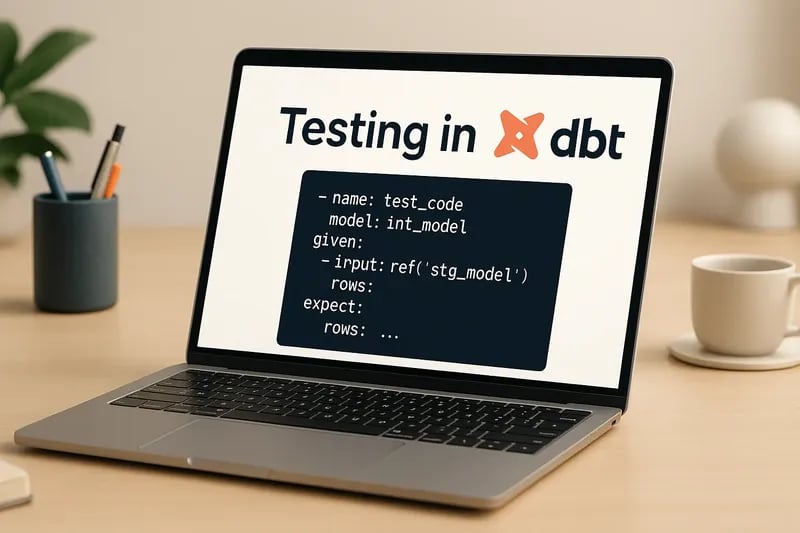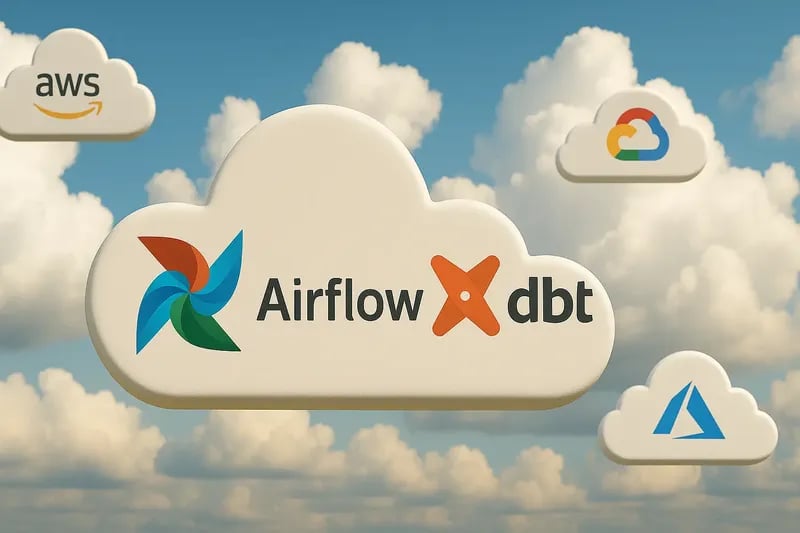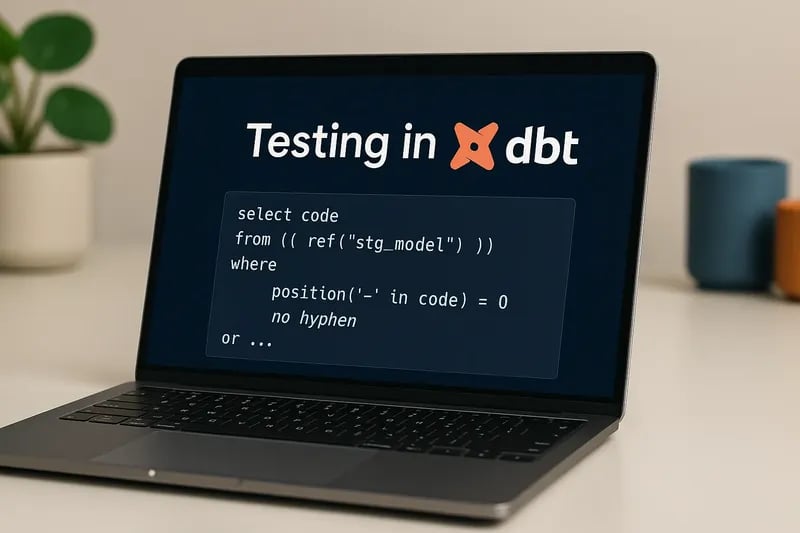
Dominik Kozaczko
16 July 2018, 4 min read

Django, Flask, and Pyramid are frameworks for web development in Python. A web framework includes a collection of packages or modules that allow developers to write web applications without having to handle low-level details like sockets, process/thread management, or protocols.


